In this list of up-to-date weight-loss program statistics, you learn:
- How people lose weight right now
- Why diets are incredibly ineffective for weight loss
- How weight-loss programs help people lose weight
…And so much more.
Read on!
Weight-loss industry statistics in 2021
How many people are overweight or obese in the US? And what’s the size of the weight-loss industry? Take a look at these statistics!
- The US weight loss industry is a $71 billion industry. (ResearchAndMarkets)
- 42.4% of people in the US are obese. (CDC)
- 73.6% of adults in the US aged 20 or over are overweight or obese. (CDC)
- 25.6% are physically inactive. (Statista)
- The number of adults who suffer from obesity is growing fast. In 1999-2000, 30.5% were obese, and in 2017-2018, that number had grown to 42.4%. (CDC NCHS)
- Almost half of all adults had tried to lose weight in the last 12 months from 2013 to 2016. (CDC)
- Between 2015-2018, 17.1% of US adults aged 20+ were on a special diet on a given day. (CDC)
- The number of adults who diet has increased over the past 10 years. The percentage of people on a diet grew from 14.3% in 2007-2008 to 17.4% in 2017-2018. (CDC)
- More women than men diet. (CDC)
- More adults aged 40+ are on a special diet than adults aged 20-39. (CDC)
- The most popular diets reported by adults aged 20+ were weight loss or low-calorie diets (9.3%), diabetic diets (2.3%), low carbohydrate diets (2%), and low-fat or low-cholesterol diets (1.8%). (CDC)
- Bogus diet programs and products rank #1 among health care scams reported to the Federal Trade Commission. (AARP)
Weight loss statistics in 2021
Why is it so important to lose weight? Here are the most important health statistics for people who are overweight or obese.
- The reasons for obesity and overweight are not having access to parks, affordable gyms, and other outdoor and indoor spaces for physical activity, oversized food portions, not having access to affordable, healthy food, and food advertising that encourages buying unhealthy foods, such as high-fat snacks and sugary drinks. (NIH)
- Also, stress is a major contributing factor to overweight and obesity. People eat more high-fat, high-calorie food when stressed, while the body stores more fat during stressful periods. (Obesity Review)
- Stress decreases motivation to exercise and increases cravings and overall weight gain. (Obesity Reviews)
- Adults who have tried to lose weight, most commonly report exercise (62.9%) and eating less food (62.9%) as their weight-loss methods. 50.4% consumed more fruits, vegetables, and salads. (CDC)
- The most common New Year’s resolution is to lose weight or get into shape. (Statista)
- 80% of adults under the age of 36 feel especially strongly about being unhealthy. (Statista)
- No matter a person’s BMI, any level of activity is linked with a lower likelihood of high cholesterol, high blood pressure, and diabetes compared with no exercise. (European Society of Cardiology)
- However, overweight and obese people are still at greater cardiovascular risk than people whose weight is normal. (European Society of Cardiology)
- In one study by North Carolina State University, 97 working adults were monitored for 10 days. According to the findings, people who felt they ate too much junk food, had eaten or drunk too much, or reported having too many late-night snacks were more likely to report having physical problems the next morning, including headaches, stomachaches, and diarrhea. Plus, they were also more likely to report emotional strains, such as feeling ashamed of their diet choices. The physical and emotional strains made them more likely to report declines in helping behavior (going the extra mile at work) and increases in withdrawal behavior (withdrawing from work-related situations). (Journal of Applied Psychology)
- A study by the University of Nottingham, that followed 260,000 adults for more than 10 years, shows that people who are overweight are at risk of heart failure and dying prematurely. (BMC Public Health)
- Obesity accounts for 18% of deaths among Black and White Americans between the ages of 40-85. (American Journal of Public Health)
- Obesity is the top reason for early, preventable deaths. Obesity results in up to 47% more life-years lost than tobacco. (Cleveland Clinic)
- Most of people’s food intake is based on emotions and thoughts/conditions, rather than the biological need to eat. (Appetite)
Diet failure statistics
Are diets a good weight-loss strategy? And what percentage of dieters regain weight? Here’s why diets don’t work in weight-loss programs — and why they can do more harm than good.
- An analysis of 31 long-term studies, conducted by UCLA researchers shows that people initially lose 5-10% of their weight on any number of diets, but that weight comes back, plus more. Sustained weight loss only occurred in a small minority and complete weight gain was found in the majority. (American Psychologist)
- One study of more than 19,000 healthy older men over a four-year period showed that one of the best predictors of weight gain over that time was that they had lost weight on a diet at some point during the years before the study started. (American Psychologist)
- People who don’t diet are often better off than people who diet. (American Psychologist)
- One-third to two-thirds regain the weight they lose on diets. (American Psychologist)
- A study performed on mice shows that dieting increases stress sensitivity and stress makes us seek out rewarding things like high-fat and high-calorie foods. (The Journal of Neuroscience)
- Caloric deprivation makes your brain more attentive to pictures of food. (NeuroImage)
- A study followed 14 participants in the show The Biggest Loser. Six years after participating in the show, the contestants had regained their weight and body fat. Their metabolism had also slowed down due to deprivation, which makes it harder to lose weight in the future. (Obesity)
- Those who have a tendency to overeat and who were told to abstain from their favorite snacks for 24 hours ended up eating 133% more than those without such instructions. (Appetite)
- A 52-week study of 152 participants shows that when people lose calories, they unknowingly eat more to make up for the lost calories. (Obesity)
- In a study of 45 women who classified themselves as highly cognitively controlled eaters or low cognitively controlled eaters, participants were given as much ice cream as they wanted. Some got one milkshake preload, some got two and some got none. Those who highly cognitively control their food intake ate less ice cream. However, when participants got two milkshake preloads, those who cognitively control their food intake ended up eating more ice cream than those who don’t control food intake. Cognitive controlled eaters inhibit their desires and when the inhibition is destroyed, they fall for the “what the hell” effect, where the dieter feels like they might just as well carry on to each as much as they want if they’ve broken their diet. (Journal of Personality)
Long-term weight loss statistics
How do people lose weight in the long term? These statistics on weight loss success are key for understanding weight-loss program statistics.
- It’s hard to lose weight in the long term; a study shows that overweight and obese people maintain their weight throughout their lives. (BMC Public Health)
- A 2-year study of 800 people shows that if people attend more group counseling sessions, they lose more weight and regain less weight. This shows that behavioral, psychological, and social factors are important for weight loss; not just what you eat. (The New England Journal of Medicine)
- The quality of food is very important and counting calories isn’t as important as it’s often claimed to be. In a 20-year study of 120,000 healthy women and men, researchers found that weight change was most strongly associated with the consumption of potato chips, potatoes, sugar-sweetened beverages, and processed and unprocessed red meats. Processed foods higher in starches, refined grains, fats, and sugars will increase weight gain. (The New England Journal of Medicine)
- Vegetables, whole grains, fruits, nuts, and yogurt are associated with weight loss. (The New England Journal of Medicine)
- Monitoring and recording calorie and fat intake throughout the day is an effective way to lose weight, especially when it’s paired with meeting with a support person. A study of 124 people who met with a dietician once a week for 24 weeks shows that the most successful participants self-monitored three times a day and were consistent. Successful participants lost 10% of their body weight. (Obesity)
- Different age groups need to lose weight in different ways. A study by Karolinska Institutet in Sweden shows that lipid turnover in the fat tissue decreases during aging and makes it easier to gain weight. Participants in the study who didn’t eat fewer calories over time ended up gaining 20% more weight. (Nature Medicine)
Weight-loss program statistics
Which weight-loss programs work and why? These weight-loss program statistics show just that.
- Programs that rely on group support, discussions about exercise and diet, and assignments (such as a food diary) are more beneficial than a self-help approach. In a study, people who attended a commercial program with two sessions with a dietician and printed materials lost more than three times the pounds (10 pounds) than people who were trying to lose weight independently (3 pounds) in the first year. The average self-help participant regained all their weight by the end of the second year, while the commercial program participants kept off more than six pounds. (Journal of the American Medical Association)
- One of the best ways to keep off weight for good is to get support. A study shows that two-thirds of those who are enrolled in a weight-loss program with friends kept their weight off six months after the program, whereas only a quarter of those who attended on their own achieved the same success. (American Psychological Association)
- Online weight-loss programs can be as effective as in-person counseling. A study by researchers at Northwestern University shows that people who participated in a smartphone-app-based program that focuses on a healthy diet and regular exercise helped them lose an average of 13.4 pounds in six months. (Obesity)
- The smartphone app included meetings with coaches every other week (which was more effective than meeting them every week, leading to about one pound more weight loss). (Obesity)
- Social media, especially as part of weight management programs, can assist overweight and obese individuals to lose weight. In a study, people who were enrolled in a Facebook group reported a 4.8% reduction in initial weight, which was significant in comparison to people who weren’t enrolled in a group. (PLOS)
- Accountability makes it easier to lose weight, according to a University of Illinois study that followed 23 women in an 18-week weight-loss program. All participants lost a significant amount of weight, but those who successfully kept it off had a lot of social support. (Journal of Human Nutrition and Dietetics)
Weight loss coaching statistics
Does coaching work in weight-loss programs? Here are the statistics and research findings that show just how powerful weight-loss coaching can be.
- Health coaching is a $7 billion market in the US. (ResearchAndMarkets)
- There are about 128,000 health coaches in the US. (ResearchAndMarkets)
- A pilot project by The Miriam Hospital’s Weight Control and Diabetes Research Center, which followed 44 obese participants who were enrolled in a 24-week weight-loss program, shows that mentoring and personal weight loss coaching can have a significant impact on weight loss. 56% of those who worked with a professional health coach lost at least 10% of their initial body weight. 3x as many participants lost significant weight when working with a health coach compared to other methods. (Obesity)
- A study of 1,432 participants over 5 years found that participants’ one-on-one expert coaching session attendance, the number of food log feedback days per week from an expert coach, and live weekly expert-led online class attendance were significant predictors of weight loss in a 6-month period. (Journal for Medical Internet Research)
- A Drexel University study, that followed 87 participants in a 12-month weight-loss program, shows that if a health coach has access to self-monitored health data, people will be able to maintain their weight loss. Participants tracked their results daily with a Fitbit fitness tracker, weighing themselves, and logging their food intake in a smartphone app. They had weekly group sessions for three months, after which they had a monthly call and received text messages. During this time, half of the participants had coaches who had access to their data. Those who shared data maintained weight loss, whereas those who didn’t regain 4.4 lbs (2kg). (Obesity)
- Coaching results in clinically relevant improvements in total cholesterol, LDL cholesterol, systolic and diastolic blood pressure, HDL cholesterol, fasting glucose, body weight, body mass index, waist circumference, and cardiorespiratory fitness. (American Journal of Lifestyle Medicine)
- A Mayo Clinic study of 100 employees who completed a 12-week, in-person wellness coaching program, shows that the program helped them stay healthy. The participants perceived that their stress level decreased and depressive symptoms scores decreased by half. These results stayed consistent on a 24-week follow-up. (Mayo Clinic Proceedings)
- A pilot study of 28 women who completed a 12-month, online health coaching program with daily exercise, nutritional habits, and health behavior lessons along with a one-on-one coach shows that the women lost, on average 16.52 lbs and reduced waist circumference by 3.56 inches. They also decreased blood pressure and increased high-density lipoproteins. (Internet Interventions)
Over to you!
There you have it. Now you have the best weight-loss program statistics.
Now, I’d love to hear from you:
What statistic surprised you the most?
Let me know in the comments below.


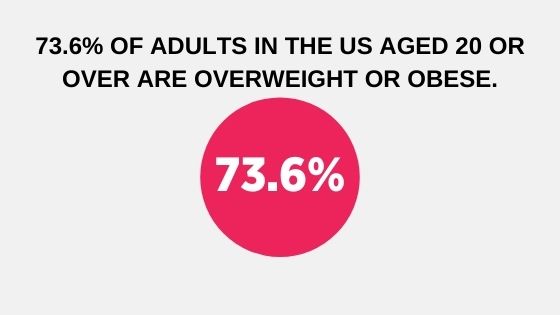
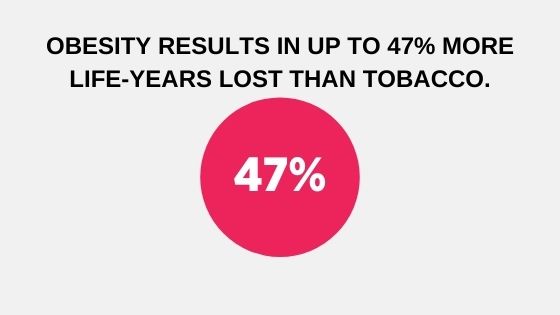
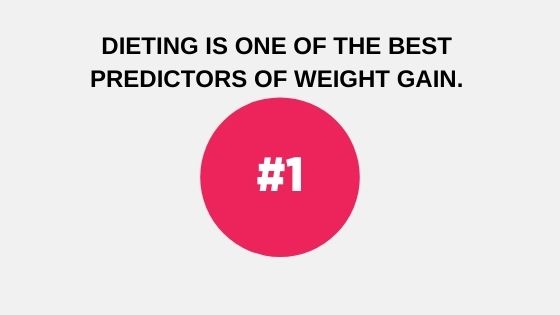
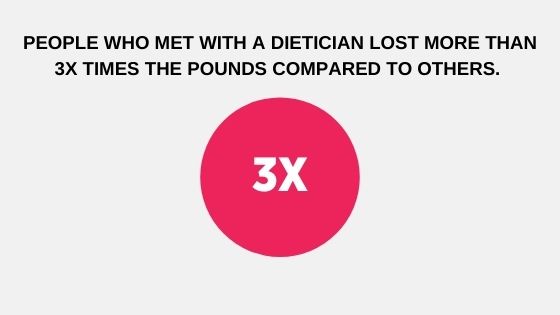
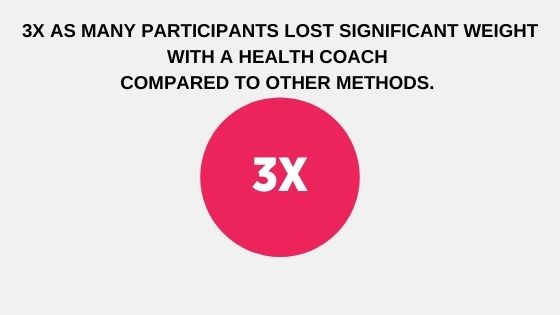



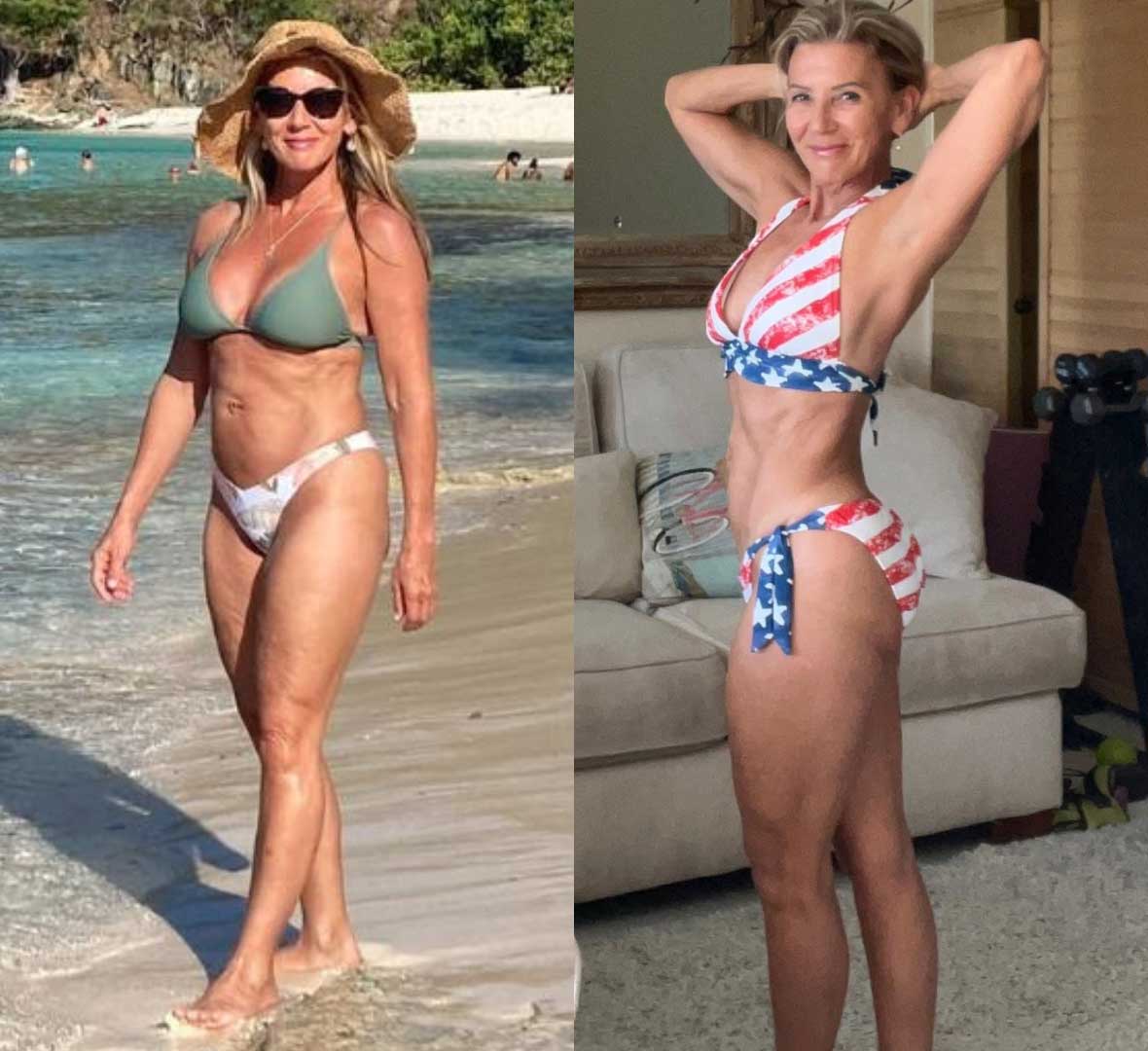


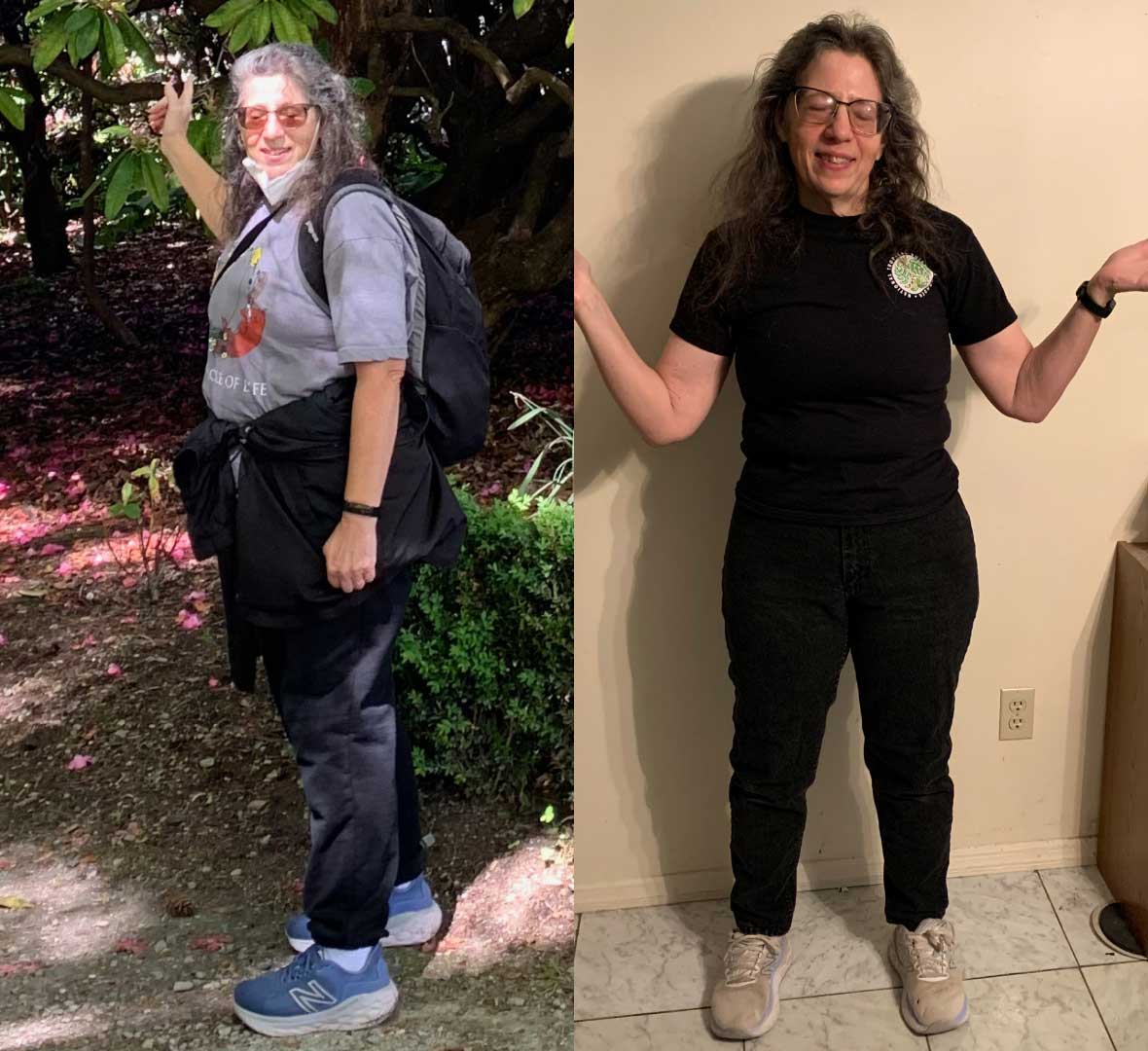





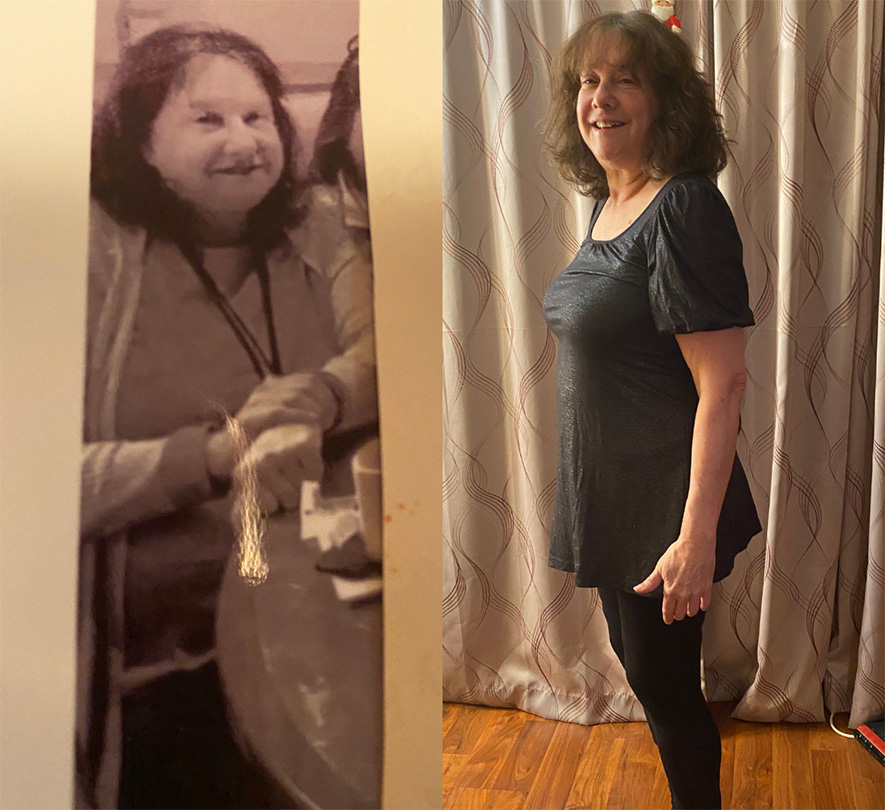



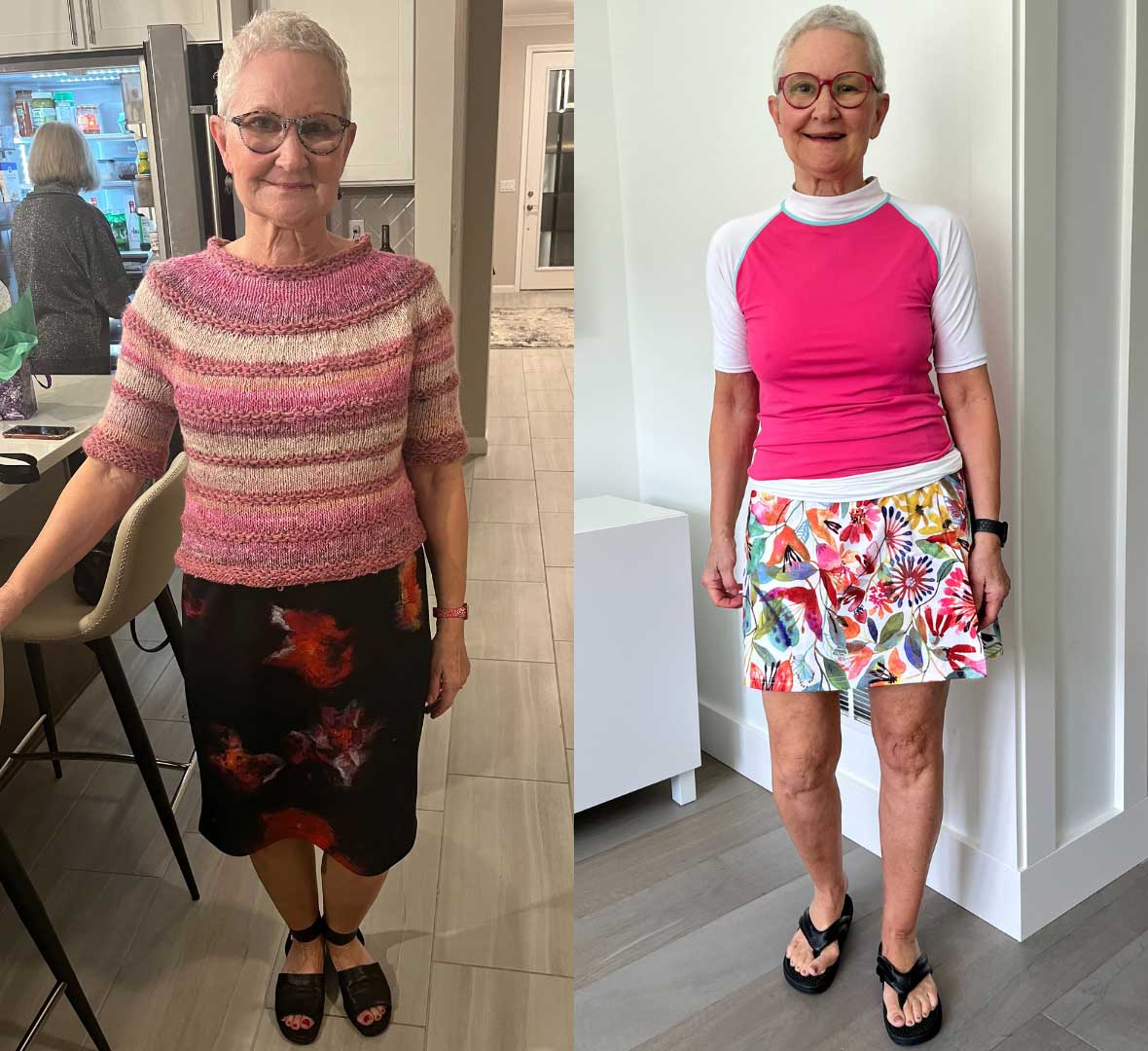
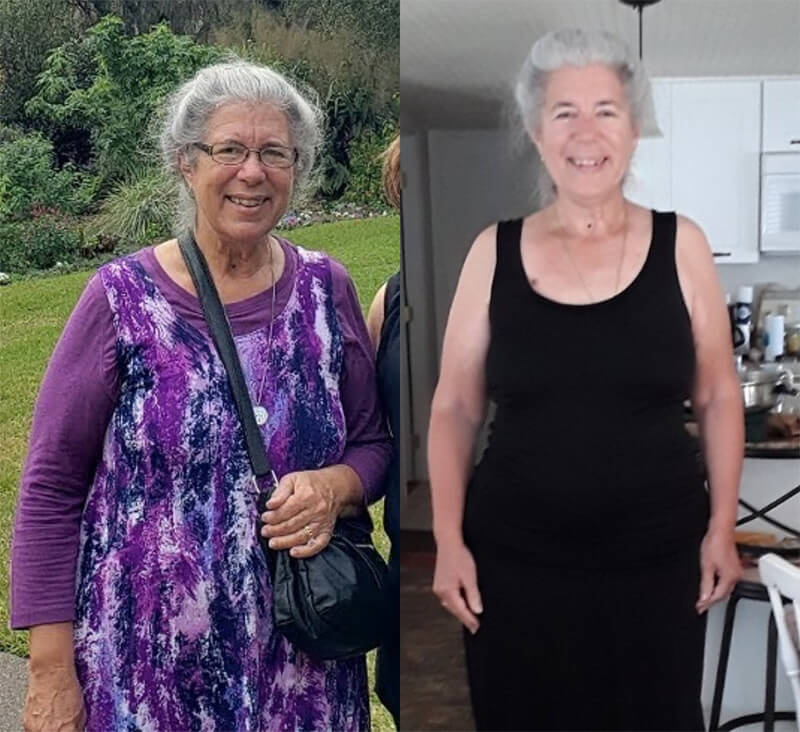
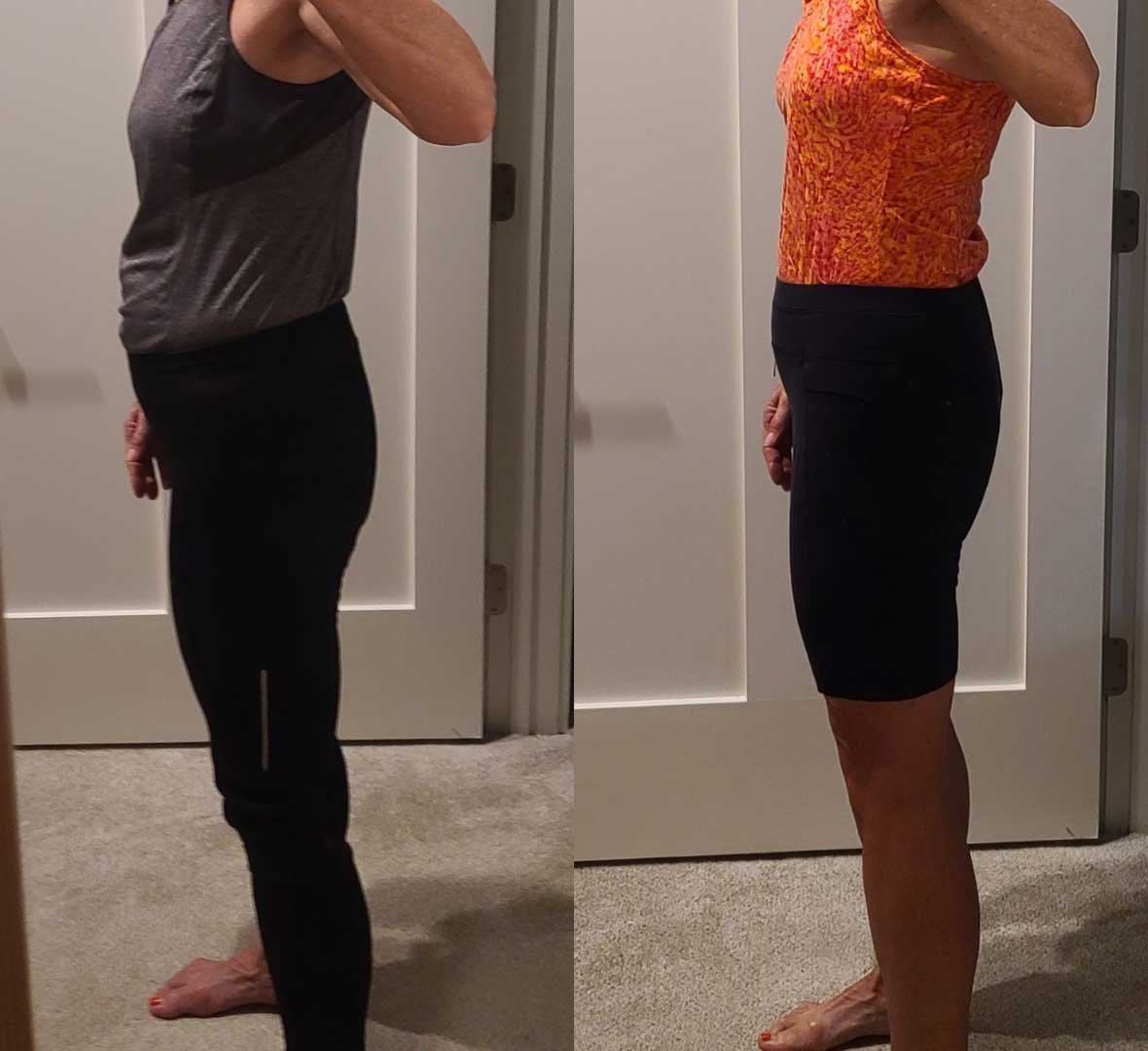









Reader Interactions